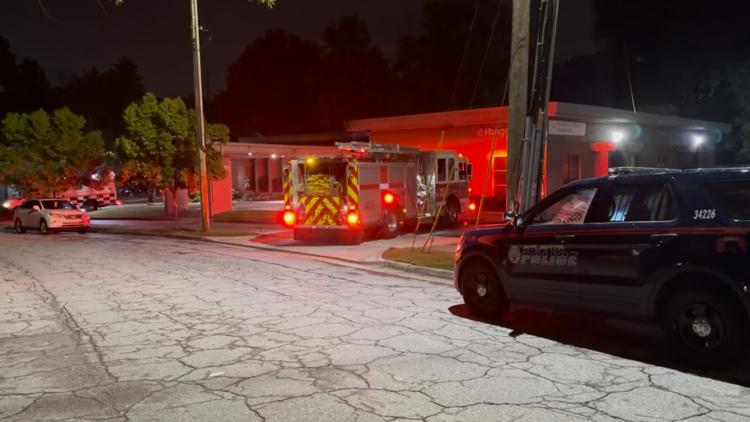A routine clinic visit took a shocking turn for a woman using a wheelchair when she was locked inside the Hanger Clinic in Atlanta after staff closed for the day. Alone for hours, she had to crawl to an outlet to charge her phone and call for help.
Woman in wheelchair says she was forgotten, locked inside Atlanta clinic for hours after staff closed for the day

Key Takeaways:
- A wheelchair user, identified as Ankita Mackin, was inadvertently locked inside the Hanger Clinic.
- She reported rolling off an exam table and crawling to charge her phone.
- The clinic’s closure left her alone for hours before she could contact assistance.
- The incident underscores concerns about patient safety protocols.
- It raises broader questions about clinic oversight and accessibility.
Introduction
An Atlanta resident, identified as a wheelchair user named Ankita Mackin, recently experienced a distressing situation at the Hanger Clinic. What was supposed to be a simple appointment ended with the clinic staff locking up for the day—while she was still inside.
A Terrifying Ordeal
Mackin, who uses a wheelchair for mobility, recalls the moment she realized she had been forgotten. She said she was on an exam table and discovered that the clinic was completely silent and the doors were locked. According to the account published by Kgw, she “rolled off an exam table” and had to crawl to a charging outlet to power up her phone.
Hours Alone
Stranded and unable to open the clinic doors, Mackin mentioned she had no immediate way to communicate until her phone regained some battery. It was only after recharging her device that she could call for assistance, a process that took place over what she describes as hours alone inside the closed facility.
Relief and Aftermath
Once her phone was charged, Mackin was able to contact someone who in turn arranged for help. The incident highlights significant issues regarding end-of-day checks and staff protocols at medical facilities. With such a frightening experience behind her, Mackin’s story has drawn attention to mishaps that can occur when disabled patients are overlooked.
Conclusion
Mackin’s ordeal serves as a sobering reminder of the need for heightened awareness and improved safety measures within healthcare settings. The story continues to raise questions about how clinics verify that all patients—particularly those with mobility challenges—have received the attention they need before closing their doors.











